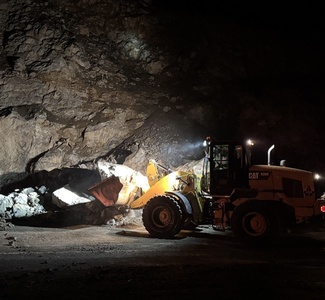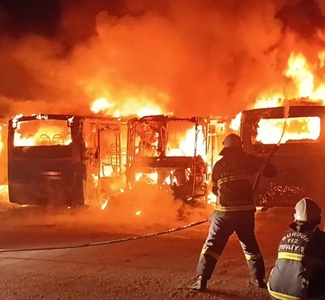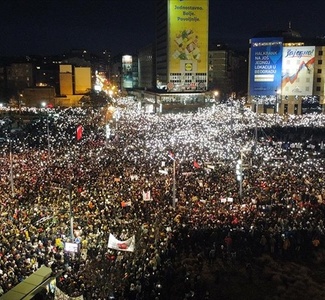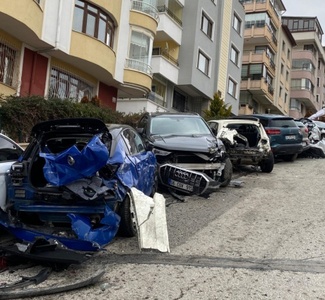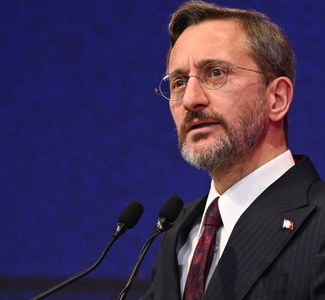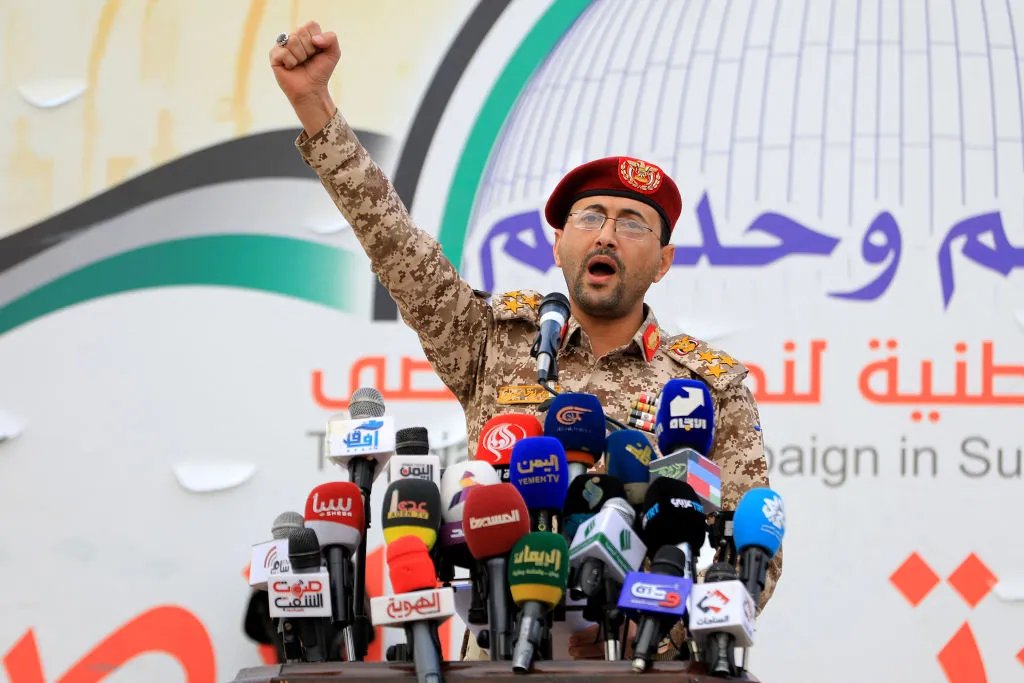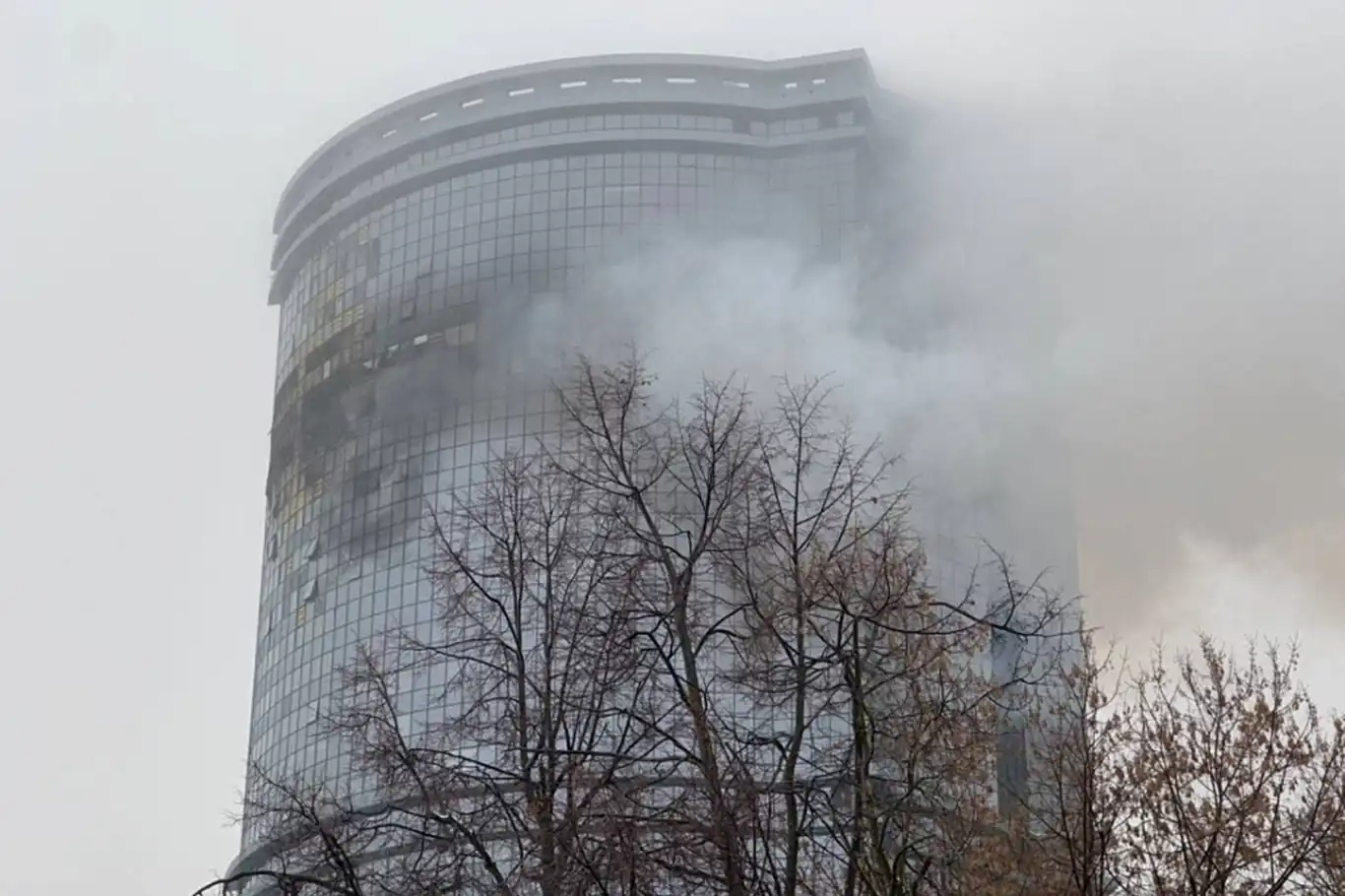G-20 summit opens in New Delhi, India with focus on global challenges
The 18th G-20 Summit, themed "One Earth, One Family, One Future," commenced in New Delhi, India, with leaders from around the world gathering to address pressing global issues.

 Google News'te Doğruhaber'e abone olun.
Google News'te Doğruhaber'e abone olun. The summit began with a warm welcome by Indian Prime Minister Narendra Modi at the Bharat Mandapam convention center.
During his opening speech, Prime Minister Modi announced a significant development by extending an invitation to the African Union (AU) to join the G-20, making it the second regional bloc to become a permanent member after the European Union. This move received widespread support among the attendees.
Modi emphasized the need to find "concrete solutions" to the numerous challenges stemming from global economic fluctuations, disparities between the north and south, divisions between the east and west, and other concerns such as terrorism, cyber security, health, and water security.
In an effort to highlight the concerns of the Global South, Modi presented India as "Bharat" during the summit, a name associated with the country in Sanskrit and championed by his Hindu nationalist supporters.
While the Russian-Ukraine conflict remains a significant global focus, India aimed to shift attention toward addressing the needs of developing nations during the summit, although many issues, including food and energy security, remain interconnected with the European conflict.
The absence of some G-20 leaders, including those of Russia and China, along with differences over Ukraine, posed challenges in reaching consensus during preparatory meetings leading up to the summit. Ending the weekend without a joint statement would underscore strained international relations.
Security measures in New Delhi were stringent, with limited access for journalists and the public to the summit venue. The G-20 agenda included critical issues for developing nations, including alternative fuels, resource efficiency, food security, and digital public infrastructure.
Climate action and climate financing were top priorities, particularly for developing and emerging markets, according to Amitabh Kant, India's lead G20 negotiator.
Human Rights Watch urged G-20 leaders not to let international divisions divert them from addressing issues such as gender discrimination and racism.
The summit also saw hundreds of Tibetan exiles protesting Chinese participation and calling for discussions on Sino-Tibetan relations.
Ahead of the summit, Prime Minister Modi met with U.S. President Joe Biden, with reports indicating a positive atmosphere in their discussions.
Leaders of the U.S., India, Saudi Arabia, and the United Arab Emirates worked to finalize a significant infrastructure deal involving transit routes from India to the Middle East and beyond.
Notably, Ukrainian President Volodymyr Zelenskyy was not invited to address the G-20, despite his regular appearances at international forums to seek support for Ukraine since the start of the conflict.
The 18th G-20 Summit continues with leaders navigating a complex global landscape marked by multiple challenges and disputes. (ILKHA)
































